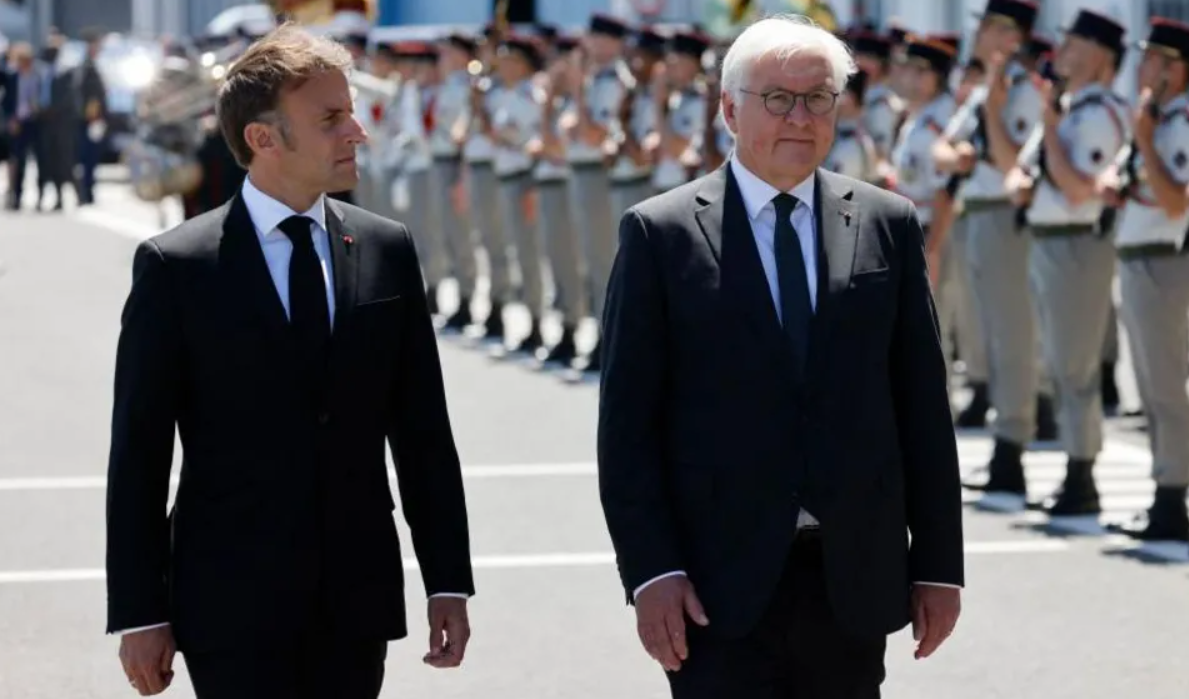Meanwhile, in Germany, Chancellor Olaf Scholz’s Social Democrats suffered a significant setback in the European elections against the conservative opposition, but he has firmly rejected the idea of early elections. However, Markus Söder, the conservative CSU premier of Bavaria, has declared that Scholz’s government is essentially on its last legs and should follow France’s lead.
Although Germany isn’t slated to hold fresh elections until 2025, Söder insists that the “country needs a new start.” Macron’s ally Yaël Braun-Pivet, president of the National Assembly, revealed that there was an alternative to new elections, involving a government pact, but Macron deemed that path closed. With no parliamentary majority, the government relies on support from other parties to push through legislation.
Adding to the mix, there’s frustration from Anne Hidalgo, the Socialist mayor of Paris, who laments that the election is happening just three weeks before the capital hosts the Olympics. Macron’s Renew party secured less than 15% of the vote, while Marine Le Pen’s anti-immigration National Rally (RN) clinched over 31%.
The decision to call for new elections has reverberated across the political spectrum, with reports of a hastily arranged meeting between top RN leaders and Marion Maréchal from rival far-right party Reconquête. Calls have emerged for France’s deeply divided left to rally behind Socialist Raphaël Glucksmann, who garnered nearly 14% in the European vote.
In a symbolic move, President Macron joined German President Frank-Walter Steinmeier in the French village of Oradour-sur-Glane to commemorate the 80th anniversary of a notorious Nazi massacre during World War Two, where SS troops slaughtered 643 villagers in 1944. President Steinmeier emphasized the importance of never forgetting the damage caused by nationalism and hate, particularly poignant on the heels of the European elections: “Let us never forget the miracle of reconciliation that the European Union has worked.”
In Germany, the Alternative for Germany (AfD) emerged second in the European vote, surpassing all three parties in Scholz’s coalition government, despite a series of scandals involving the AfD’s top two candidates.
